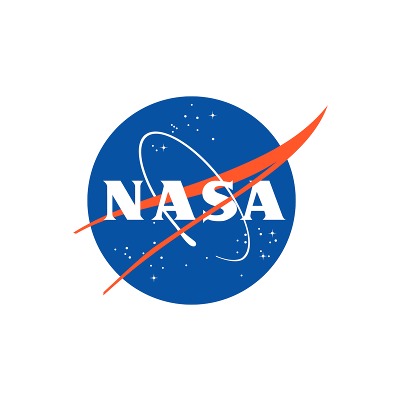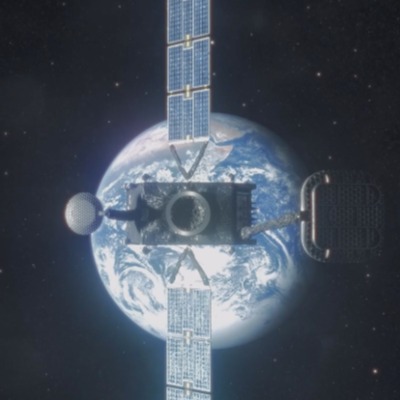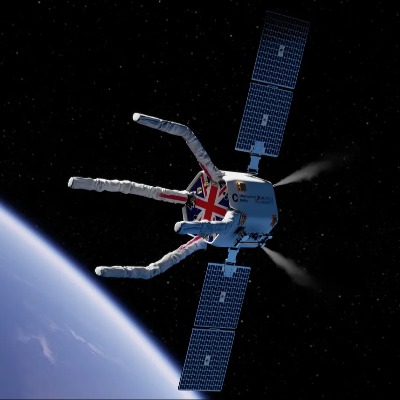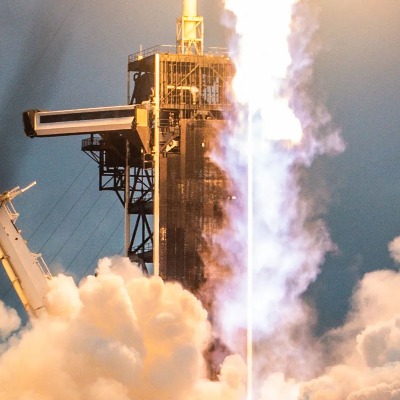Space Giants Clash: Blue Origin & Cerberus Vie For United Launch Alliance Throne
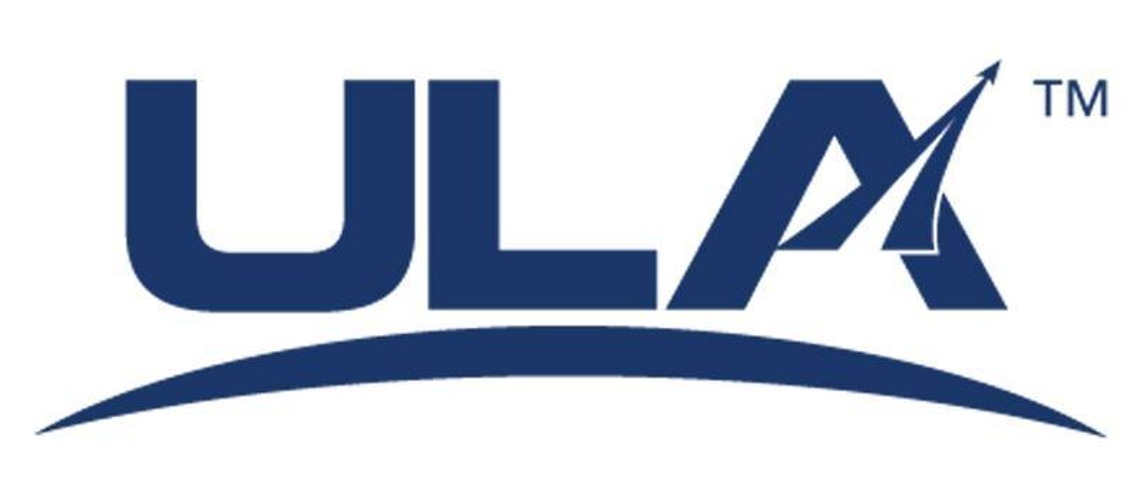
The race for dominance in the commercial space industry just took a sharp turn, with aerospace powerhouses Blue Origin and Cerberus Capital Management emerging as potential suitors for United Launch Alliance (ULA), the joint venture of Boeing and Lockheed Martin.
News of the potential acquisition broke today, sending shockwaves through the sector. ULA, known for its Atlas V and Delta IV rockets, boasts a near-flawless launch record and has secured billions in contracts from the U.S. government and private companies alike.
Blue Origin, founded by former Amazon CEO Jeff Bezos, is a familiar name in the reusable rocket market with its New Shepard craft. This potential move suggests an aggressive bid to expand its portfolio and challenge established players like SpaceX.
Cerberus, a private equity giant with a diverse portfolio that includes Chrysler and Big Lots, enters the picture as a dark horse bidder. Their interest raises questions about their intended strategy for ULA, whether it's a play on lucrative government contracts or a diversification into the burgeoning space tourism market.
Sources familiar with the matter remain tight-lipped about the potential price tag, though estimates suggest it could reach tens of billions of dollars. Lockheed Martin and Boeing, facing pressure to focus on their core businesses, are considering the sale due to the high costs of maintaining ULA's legacy infrastructure.
Analysts speculate that the competition between Blue Origin and Cerberus could drive the price even higher, leading to a potentially record-breaking deal.
What are the implications?
- Consolidation in the space industry: With ULA under new ownership, the commercial launch market could see significant consolidation, potentially creating a new dominant player.
- Innovation and competition: Blue Origin's expertise in reusability could drive innovation within ULA, while Cerberus' financial resources could fuel new ventures.
- Geopolitical considerations: The U.S. government will be closely involved in the sale, ensuring any buyer meets stringent national security requirements.
This saga is far from over, and the ultimate fate of ULA hangs in the balance. One thing is certain: the battle for control of this launch powerhouse will have a profound impact on the future of space exploration and commerce.

